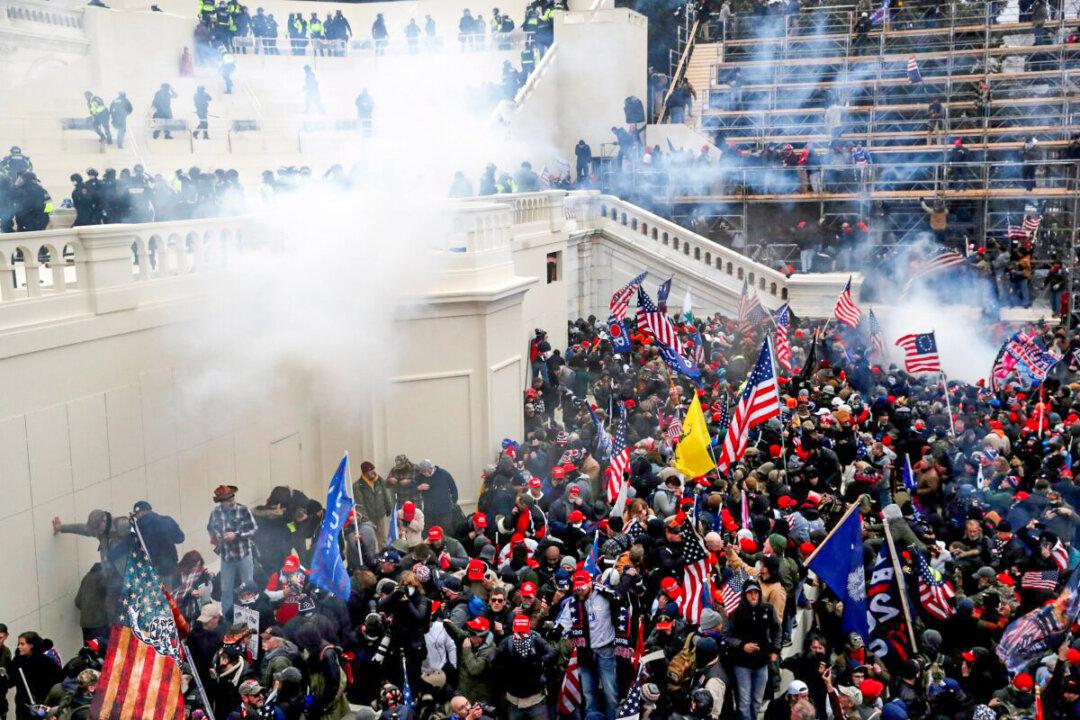Final details worked out on Feb. 24 will allow jury selection to begin on Feb. 28 in the first criminal trial of the more than 750 people charged with crimes at the U.S. Capitol on Jan. 6, 2021.
U.S. District Judge Dabney L. Friedrich will call 80 potential jurors in the District of Columbia trial of Guy Wesley Reffitt, 49, of Wylie, Texas.





